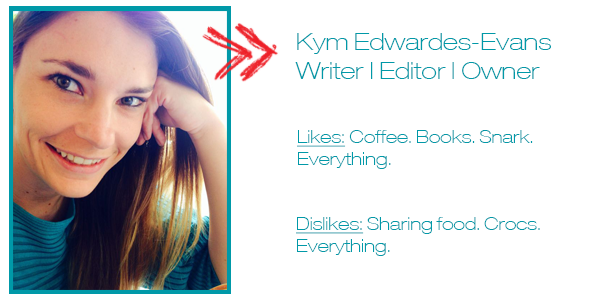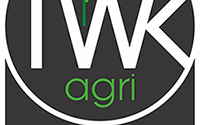Dressing for Success: What to Wear to an Interview
First impressions are crucial during a job interview, and your appearance plays a significant role in shaping that impression. Dressing appropriately and professionally not only demonstrates your respect for the opportunity but also shows that you understand the company’s culture. In this interview, we will discuss the do’s and don’ts of dressing for a job interview with a focus on presenting yourself in the best possible light.
Interviewer: Thank you for joining us today. Let’s dive right in. Why is dressing appropriately for an interview important?
Expert: Thank you for having me. Dressing appropriately for an interview is important because it communicates professionalism, respect, and a genuine interest in the position. Your appearance is the first thing that employers notice, and it helps create an initial perception of your suitability for the role and the company.
Interviewer: What are some general guidelines for dressing for an interview?
Expert: The general rule of thumb is to dress one level above the company’s dress code. It’s better to be slightly overdressed than underdressed. For formal industries like finance or law, a business suit is typically expected. In more casual or creative industries, a polished and professional outfit is still important but can be tailored to match the company’s culture.
Interviewer: Are there any specific items or accessories to avoid when dressing for an interview?
Expert: Yes, there are a few items and accessories to avoid. Firstly, avoid overly casual clothing, such as jeans, t-shirts, or sneakers. Additionally, it’s best to steer clear of revealing or inappropriate attire, including low-cut tops, mini skirts, or excessive jewelry. Remember, the focus should be on your qualifications and skills, not your outfit.
Interviewer: What are some key considerations for men when choosing their interview attire?
Expert: Men should opt for a well-fitted, conservative suit in a neutral color such as navy, charcoal, or black. A long-sleeved dress shirt, preferably in a solid color or subtle pattern, is ideal. A tie that complements the suit and is not overly flashy is also recommended. Complete the look with polished shoes and minimal accessories.
Interviewer: And what about women? What should they consider when selecting their interview attire?
Expert: Women should choose a conservative suit or a tailored skirt or pantsuit in a neutral color. Skirt lengths should be around knee-length or slightly below. Blouses or tops should be modest and not revealing. It’s best to avoid excessive accessories or loud patterns. Opt for closed-toe shoes with a moderate heel, and maintain a professional and polished appearance.
Interviewer: Are there any additional tips you would like to share with our audience?
Expert: Absolutely. Here are a few additional tips:
- Pay attention to grooming: Ensure that your hair is neat, nails are well-groomed, and overall personal hygiene is maintained.
- Dress comfortably: Choose clothing that allows you to move comfortably and confidently during the interview.
- Prepare in advance: Lay out your outfit the night before to avoid any last-minute stress or wardrobe malfunctions.
- Use common sense: When in doubt, it’s better to be slightly more formal than too casual.
- Research the company: Take cues from the company’s culture and dress code to align your outfit with their expectations.
Interviewer: Thank you for sharing these valuable insights on dressing for success in interviews. Your tips will certainly help our audience make a positive first impression.
Expert: It was my pleasure. I hope these tips will empower individuals to present themselves professionally and confidently in their future interviews.
Dressing appropriately for an interview is crucial to creating a positive first impression. Following the expert’s advice on selecting professional attire, avoiding overly casual clothing, and paying attention to grooming will help candidates present themselves in the best possible light. By dressing for success, candidates demonstrate their professionalism, respect for the opportunity, and understanding of the company’s culture, ultimately increasing their chances of landing their dream job.


